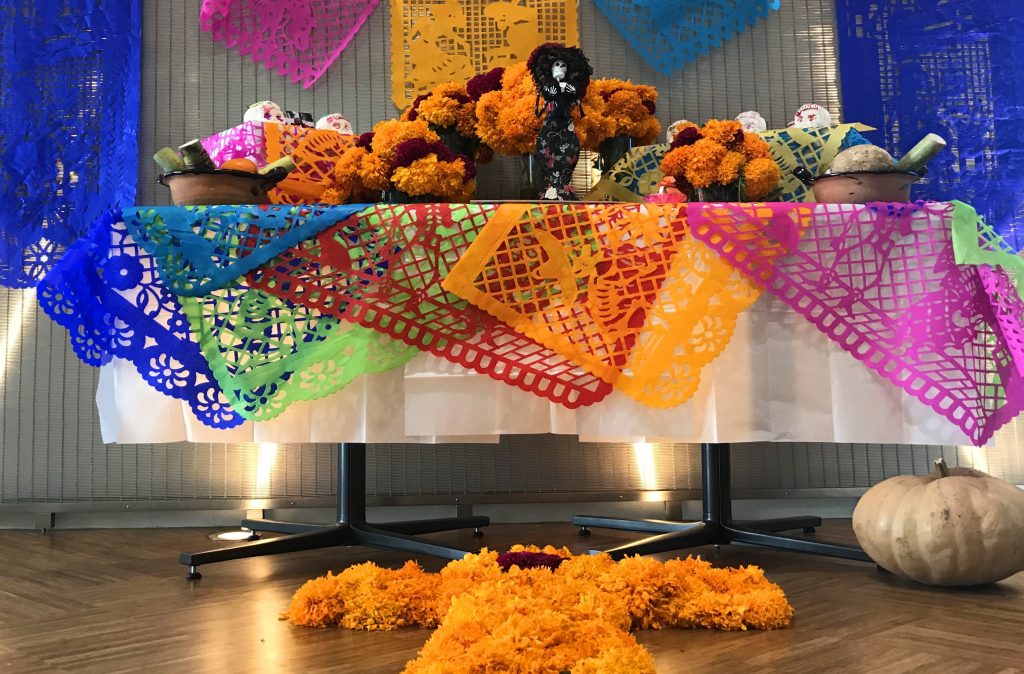Blog
Do you know the relationship between culture and sustainable development?
Culture is what shapes our identity and is part of our being.
Based on the above, and with the definition we know of sustainable development, you might be wondering what they have in common. Well, nothing more and nothing less than they both share the same objective: To give future generations what we have known. Likewise, culture becomes a facilitator and driver of the economic, social, and environmental dimensions of sustainable development.
In the context of culture, there are folk tales that share the bonds and beliefs common in a society, giving rise to national identity, better known as tradition. On the other hand, the environment gives life to people, people sustain traditions, and these, in turn, keep the culture of communities alive.
That is why over the years, the important role that culture plays in sustainable development has become evident, promoting economic growth at both individual and communal levels. Similarly, it is key to creating adaptations and increasing the resilience capacity of socio-ecological systems.
In our country, the celebration of Day of the Dead aims to honor our deceased. The origins of this celebration date back to pre-Hispanic times when the Mexicas, Mayans, Purépechas, Nahuas, and Totonacas preserved skulls as trophies and displayed them during rituals symbolizing death and rebirth.
With the arrival of the Spaniards, they changed the indigenous people's pagan practices and, in an attempt to convert them to Catholicism, moved the dates to early November to coincide with the Catholic festivities of All Saints' Day and All Souls' Day, combining them with Halloween customs (the pagan ritual of Samhain - the Celtic Day of the Dead feast).
Traditions like these are what will help address the great economic and social challenges faced in various parts of the world, where culture must play an essential role in building inclusive societies with quality education, greater social well-being, and gender equality.
